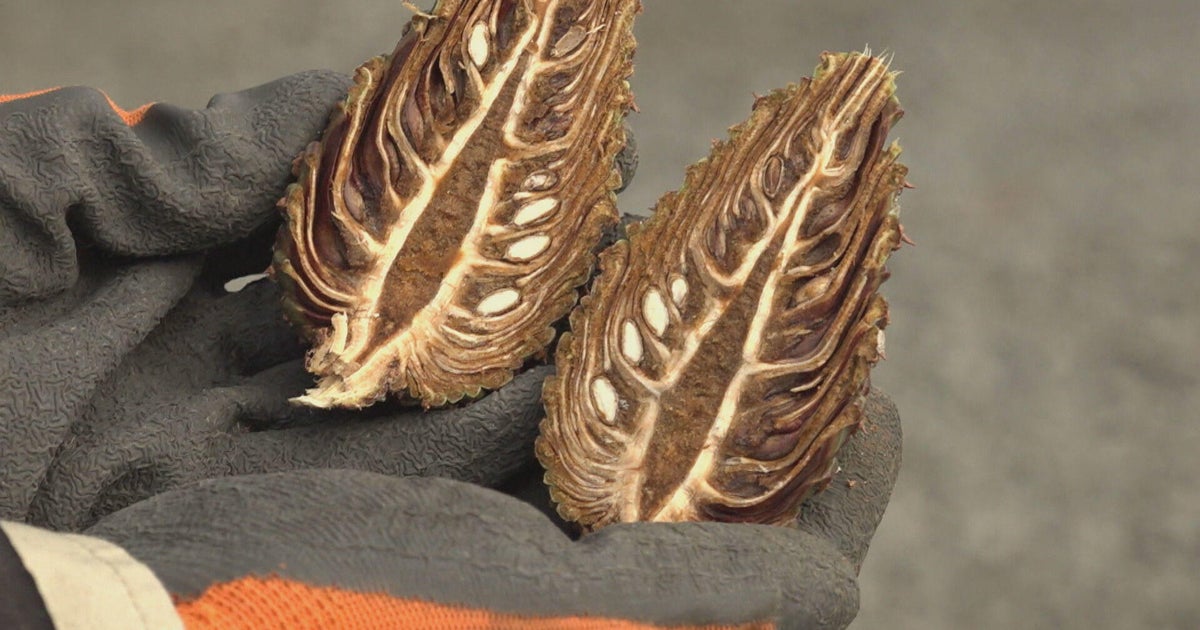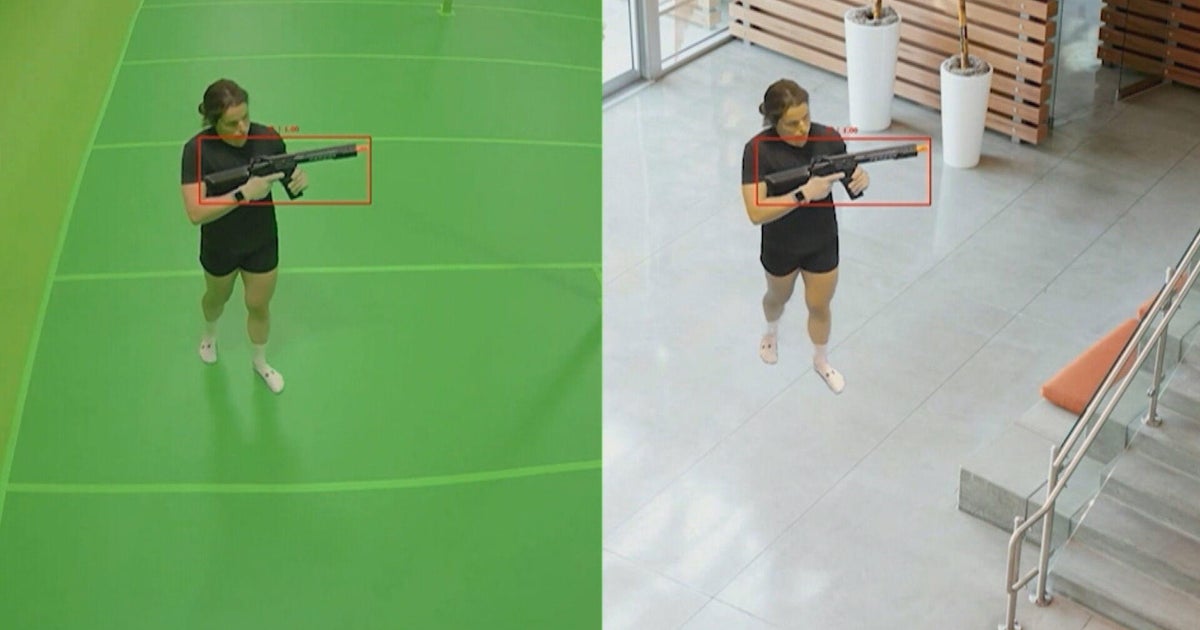How NASA would keep an asteroid from hitting the Earth
College Park, Md. — NASA is preparing for the absolute worst: A large asteroid speeding toward Earth. It's unlikely to happen any time soon, but scientists are preparing just in case.
In the movie "Armageddon," Bruce Willis helps save the planet from a giant asteroid. The plot was wildly unrealistic, but the danger is potentially real.
At a conference in Maryland Tuesday, scientists from around the world were asked how to respond to a make-believe scenario in which an asteroid big enough to destroy a major city might be on track to strike the Earth in eight years.
Unlike the movie, we probably wouldn't need to use nuclear weapons. More likely would be using space ships to give the asteroid a nudge.
"All we have to do is change its speed a little faster or a little slower so that when it crosses Earth's orbit, it crosses either in front of us or behind us," said Dr. Lori Glaze, director of planetary science at NASA.
There are 20,000 near-Earth asteroids and they do occasionally make an appearance. In 2013, one slammed into Russia, injuring 1,600 people.
"It doesn't really keep me up at night," Glaze said.
So you shouldn't use any sleep either because no huge asteroids are on track to collide with Earth for at least 100 years.




